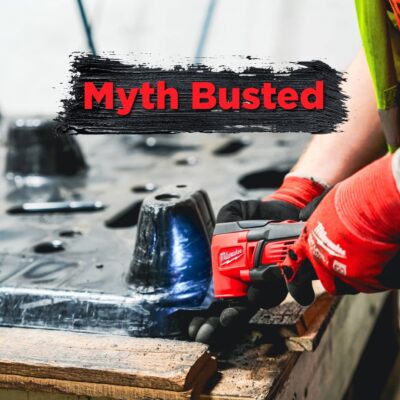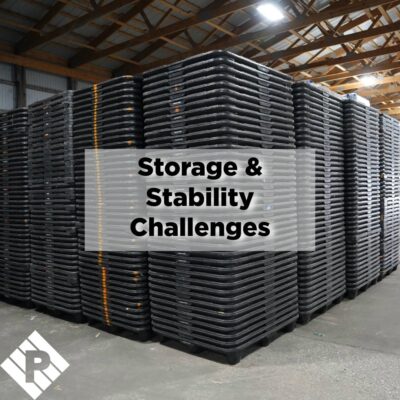Buying plastic pallets is no longer just about price — it’s about making informed, responsible decisions that improve efficiency, sustainability, and long-term value. Whether you manage a warehouse, production floor, or distribution network, being a responsible pallet buyer helps strengthen your supply chain while protecting your bottom line.
Understand How Plastic Pallets Fit Your Operation
Not all plastic pallets are created equal. Before purchasing, evaluate your specific operational environment and application needs:
- Will the pallets be used in automation systems, export shipping, or food-grade applications?
- Are they exposed to heavy loads, temperature extremes, or high humidity?
- Do they need to meet industry standards like FDA compliance or ISPM-15 exemption for export?
The best plastic pallet for your operation is the one designed for your conditions — ensuring performance, safety, and efficiency in every use.
Look Beyond Upfront Cost — Focus on Lifecycle Value
Price is important, but buyers calculate the total cost of ownership. A pallet that costs slightly more upfront may outperform cheaper alternatives by lasting longer, resisting damage, and reducing replacement frequency.
Durable plastic pallets also reduce:
- Product damage during transport
- Downtime from broken pallets
- Operational waste and disposal costs
Responsible buyers see pallets as a long-term investment in supply chain stability — not a short-term expense.
Understand Material Composition
Knowing what your pallets are made from helps you balance performance, cost, and sustainability.
Common plastic pallet materials include:
- Virgin Resin: Best for cleanroom, pharmaceutical, or food environments requiring sanitation and traceability.
- Recycled resin: A sustainable and cost-effective choice for general warehousing and manufacturing.
- Hybrid blends: Offer a balance of strength, cost, and environmental responsibility.
By asking about resin type and manufacturing standards, buyers ensure alignment with both operational goals and sustainability initiatives.
Plan for End-of-Life — Reuse, Repair, Recycle
Responsible pallet management includes planning for the end of a pallet’s lifecycle.
Instead of sending damaged pallets to landfills, many companies now repair, recondition, or recycle them.
Recycling plastic pallets supports a circular economy by transforming old materials into new products — minimizing waste while extending the value of every pallet.
Choose Reliable Pallet Suppliers
The right pallet supplier is key to a responsible buying strategy. Work with suppliers who:
- Offer consistent, high-quality plastic pallets
- Provide transparency on materials and manufacturing
- Support pallet recycling and sustainability programs
- Understand your industry’s handling and compliance needs
Partnering with an experienced, accountable supplier ensures your pallet program runs smoothly — across every warehouse and shipment.
Responsible Purchasing Builds a Stronger, Greener Supply Chain
Responsible plastic pallet buyers prioritize durability, sustainability, and lifecycle management. By choosing the right pallet design, material, and supplier, businesses create a more efficient and environmentally responsible supply chain that saves time, money, and resources.
Talk to a Pro About Responsible Pallet Buying
If you’re ready to make informed, sustainable decisions for your pallet program, call the experts at Plastic Pallet Pros today at 877-651-7816.







